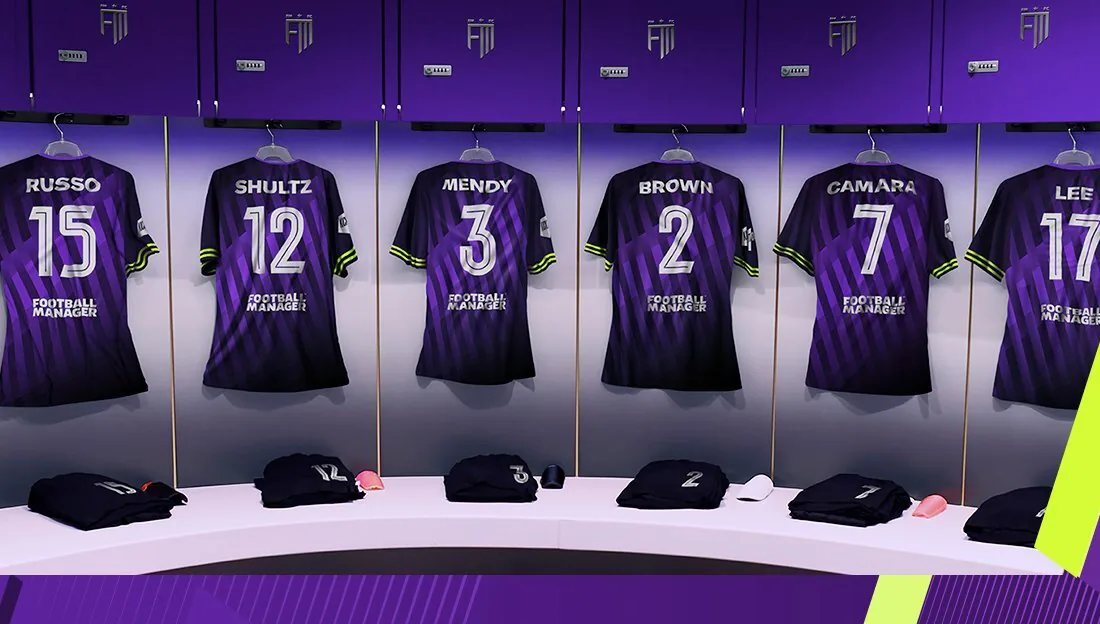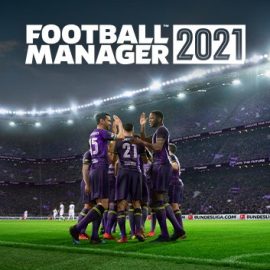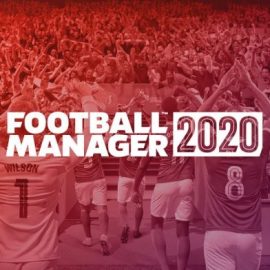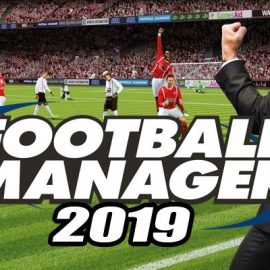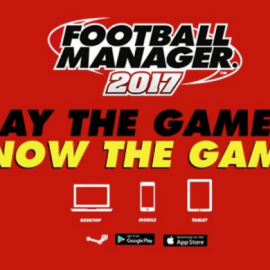Training’s a bit like marmite really. Some players absolutely despise the hard work that has to go into it (and especially pre-season!), while others see it as the perfect opportunity to develop their game away from the hustle and bustle of a match day situation.
However much a player loves training or, indeed, hates it, training is decisively important for professional footballers across the globe and the same goes for training within the virtual world of Football Manager.
Training Categories
If you want your players to get the most out of their training sessions it is recommended that you pay particular attention to which coaches you assign to specific training categories. Different coaches will have different strengths and if you’re able to, the ideal situation is to have one coach for each category.
A coach’s proficiency within a certain training category is graded by a star rating system where one star is extremely poor while seven stars represents excellence. Your players will inevitably respond better to a coach that has a higher star rating for a particular area of training and the coaches themselves will be more apt at guiding your squad members. Sound complicated? Well see below for an explanation of each training category and how you can go about achieving a lofty seven star rating.
Strength
The strength training category covers a variety of player attributes including natural fitness, stamina, strength and work rate. An effective coach for strength training would have high attributes for fitness, determination, discipline and motivation.
Aerobic
Aerobic training is associated with increasing the heart rate through the working of body muscles. Within FM this therefore correlates with a player’s acceleration, agility, balance, jumping, pace and reflexes. As with strength training, a coach with decent attributes for fitness, determination, discipline and motivation will be most effective.
Goalkeeping
Without branding you stupid, goalkeeping training is obviously attributed to goalkeeping attributes such as aerial ability, handling, kicking, throwing and one-on-ones. A coach with impressive goalkeeping stats would be a good start but also keep an eye out for determination, discipline and motivation once again.
Tactics
Tactical training will relate to player attributes including anticipation, decisions, positioning, movement, team work and command of area. To achieve a seven star rating, you will require a coach with 20 for tactics and a combined total of 50 for determination, discipline and motivation.
Ball Control
While ball control may not be considered the most important part of a training schedule it does help improve dribbling, technique and first touch, three key player attributes. Therefore you will ignore this training category at your peril but should you be hoping for seven stars then assign a coach with high attributes for technique, mental, determination, discipline and motivation.
Defending
Unfathomably important for defenders, the defending training category focuses on improving a player’s tackling, marking and concentration. As well as needing to possess a strong defensive attribute, coaches will need determination, discipline and motivation as well as tactics if they are to be effective.
Attacking
A player’s passing and creativity will inevitably go up if you use a coach with good, solid attributes for attacking, tactical, determination, discipline and motivation.
Shooting
Your strikers should start finding the net, or atleast start troubling the opposition goalkeeper a bit more often as the shooting category links to a player’s finishing, long shots and composure. Attacking, technique, determination, discipline and motivation are the pivotal stats required by a coach.
Set-pieces
Crossing, corners, free kicks, penalty taking and long throws will all increase if you employ a coach that has 19 or above for attacking, mental and technical but also ensure the coach is developed in the areas of determination, discipline and motivation.
General Training Tips
- Versatile players are more likely to successfully retrain to a new position which can be an excellent cost-cutting measure instead of having to splash out on an expensive signing.
- When managing a semi-professional club, it’s important that you try and tie down key players to full-time contracts to maximise their training time. Staff who are on part-time contracts have less time to train players than full-time staff so make sure your backroom staff are on full-time contracts too.
- During pre-season is probably the best time to carry out intense physical training as you try to build up your squad to their optimum fitness levels. Although be careful not to make training too intense during the season as it will likely tire your players and increase the risk of injury.
- Don’t worry if you notice your player’s attributes are decreasing during the off-season as this will inevitably happen while they are away on holiday or doing very little training.
- Be careful with how you approach the training of youth team players. They will clearly tire quicker than the more senior members of your squad so be considerate with how hard you work them when devising youth training schedules.
Add Sportslens to your Google News Feed!
